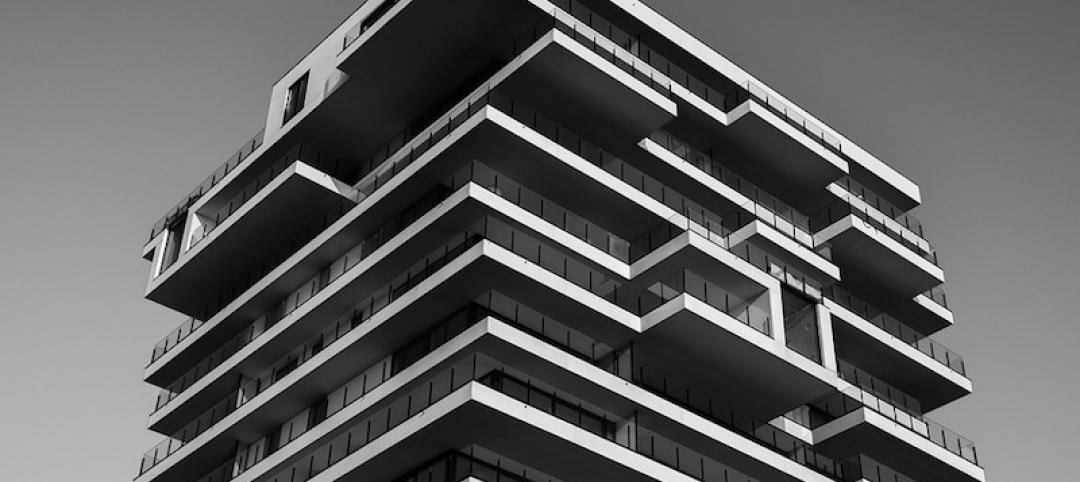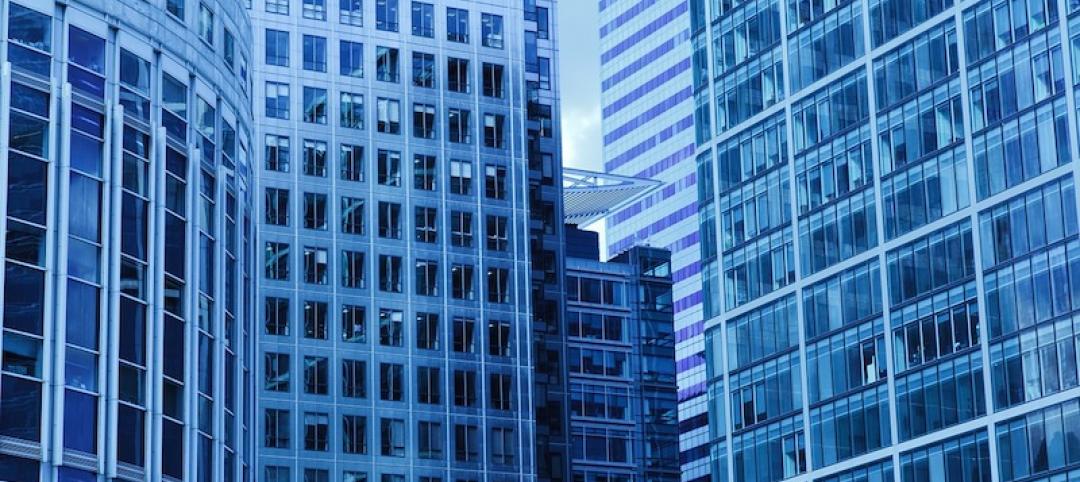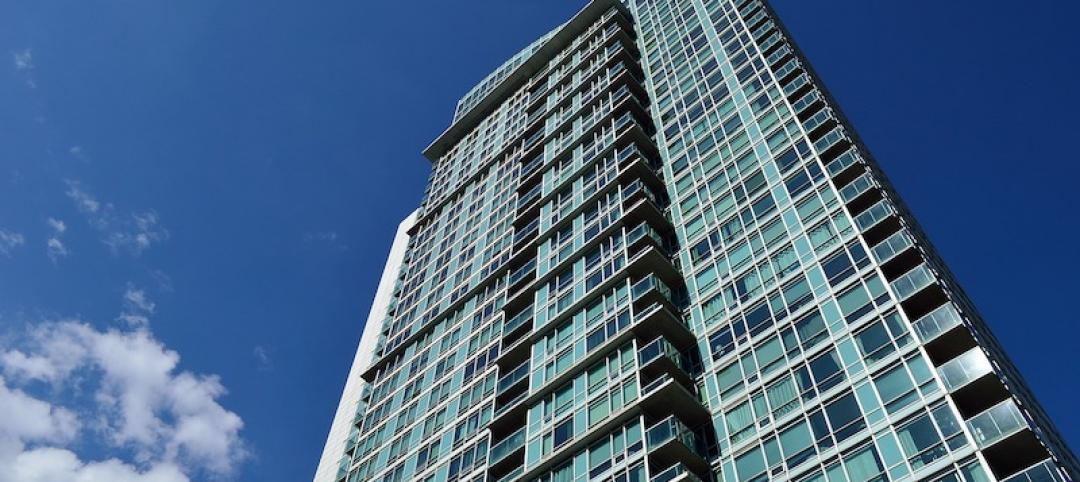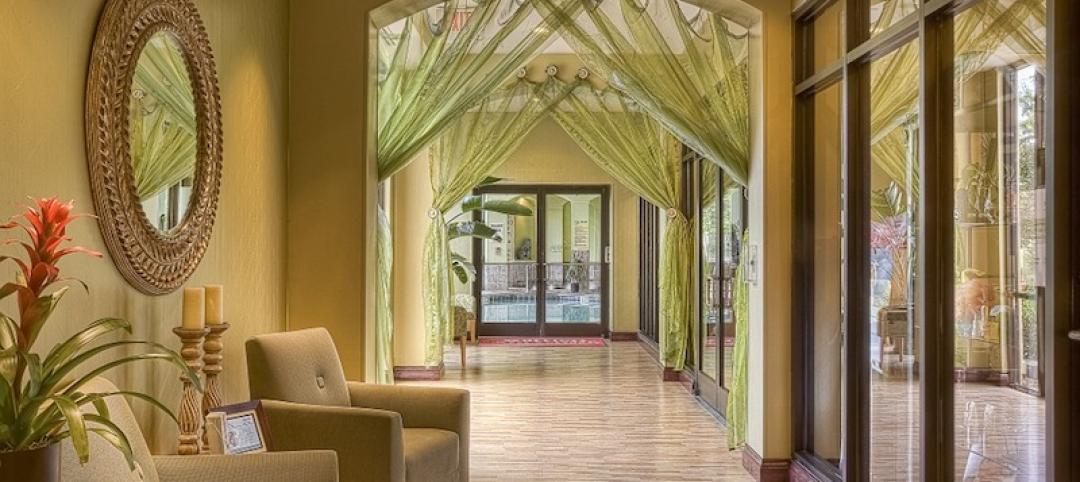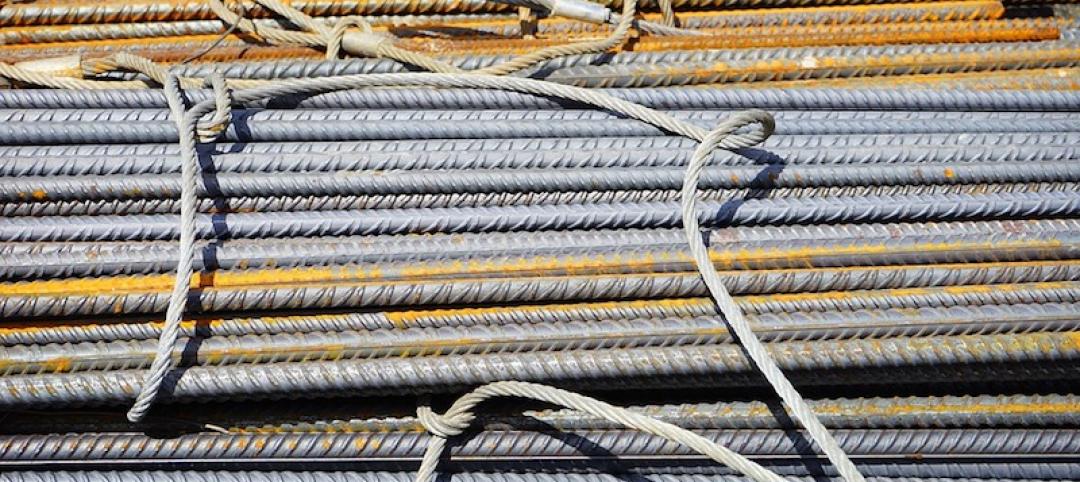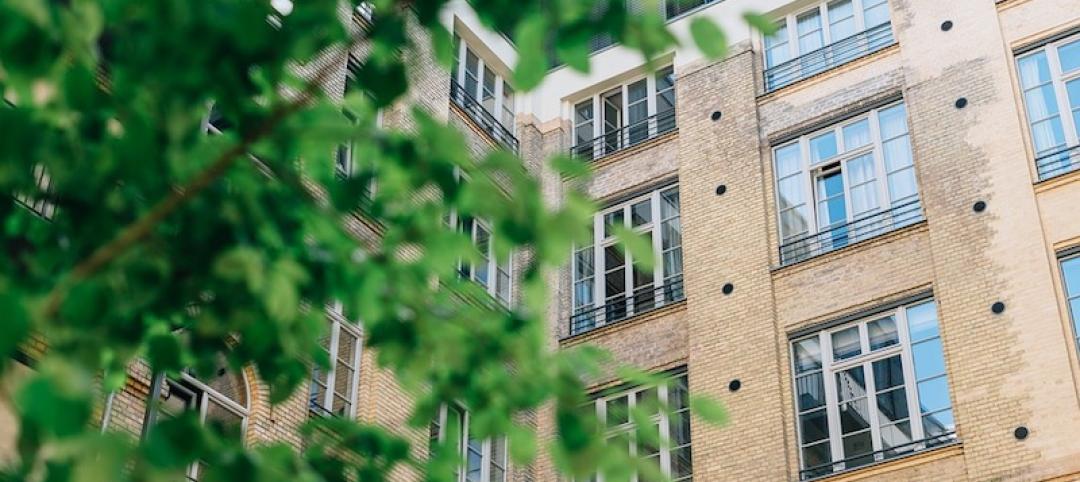In the recent U.S. Construction Pipeline Trend Report released by Lodging Econometrics (LE), at the close of Q1‘21, New York City continues to hold the lead amongst U.S. markets for the most projects in the U.S. construction pipeline with 145 projects/24,762 rooms. Other U.S. markets that follow are Los Angeles with 144 projects/23,994 rooms, Dallas with 135 projects/16,260 rooms, Atlanta with 132 projects/18,264 rooms, and Orlando with 98 projects/17,536 rooms.
New York City has the greatest number of projects under construction with 110 projects/19,457 rooms. Following New York City with the highest number of projects under construction is Los Angeles with 39 projects/6,657 rooms, and then Atlanta with 39 projects/5,500 rooms, Dallas with 32 projects/3,795 rooms, and Orlando with 27 projects/4,693 rooms.
The top 50 markets in the U.S. announced a total of 74 new projects, accounting for 10,219 rooms, during Q1 ’21. The leading markets for new project announcements include Riverside-San Bernardino, CA with 6 projects/633 rooms, Los Angeles with 5 projects accounting for 768 rooms, Phoenix with 5 projects/402 rooms, Nashville with 4 projects/692 rooms, and San Diego with 4 projects/474 rooms. New project announcements have been slow in the wake of the pandemic, due in part to the inability to conduct business in the traditional pre-COVID way, but developers are increasingly optimistic and anxious to move forward with new projects as the country fully reopens.
Experts at LE are seeing an increase in renovation and brand conversion activity throughout the top 50 markets. During Q1, 1,198 projects/190,475 rooms were in the renovation/conversion pipeline. There are over ten markets in the U.S. that currently have more than 15 substantial renovation and conversion projects underway. This group is led by Houston with 27 projects, Los Angeles, and New York, each with 22 projects, followed by Chicago, Miami, Phoenix, Washington DC, Atlanta, Dallas, Orlando, and Philadelphia.
In the first quarter of 2021, the top 50 markets saw 128 hotels/17,636 rooms open. LE is forecasting these same 50 markets to open another 367 projects/47,592 rooms over the next three quarters, for a total of 495 projects/65,228 rooms in 2021.
Related Stories
Market Data | Aug 13, 2018
First Half 2018 commercial and multifamily construction starts show mixed performance across top metropolitan areas
Gains reported in five of the top ten markets.
Market Data | Aug 10, 2018
Construction material prices inch down in July
Nonresidential construction input prices increased fell 0.3% in July but are up 9.6% year over year.
Market Data | Aug 9, 2018
Projections reveal nonresidential construction spending to grow
AIA releases latest Consensus Construction Forecast.
Market Data | Aug 7, 2018
New supply's impact illustrated in Yardi Matrix national self storage report for July
The metro with the most units under construction and planned as a percent of existing inventory in mid-July was Nashville, Tenn.
Market Data | Aug 3, 2018
U.S. multifamily rents reach new heights in July
Favorable economic conditions produce a sunny summer for the apartment sector.
Market Data | Aug 2, 2018
Nonresidential construction spending dips in June
“The hope is that June’s construction spending setback is merely a statistical aberration,” said ABC Chief Economist Anirban Basu.
Market Data | Aug 1, 2018
U.S. hotel construction pipeline continues moderate growth year-over-year
The hotel construction pipeline has been growing moderately and incrementally each quarter.
Market Data | Jul 30, 2018
Nonresidential fixed investment surges in second quarter
Nonresidential fixed investment represented an especially important element of second quarter strength in the advance estimate.
Market Data | Jul 11, 2018
Construction material prices increase steadily in June
June represents the latest month associated with rapidly rising construction input prices.
Market Data | Jun 26, 2018
Yardi Matrix examines potential regional multifamily supply overload
Outsize development activity in some major metros could increase vacancy rates and stagnate rent growth.



